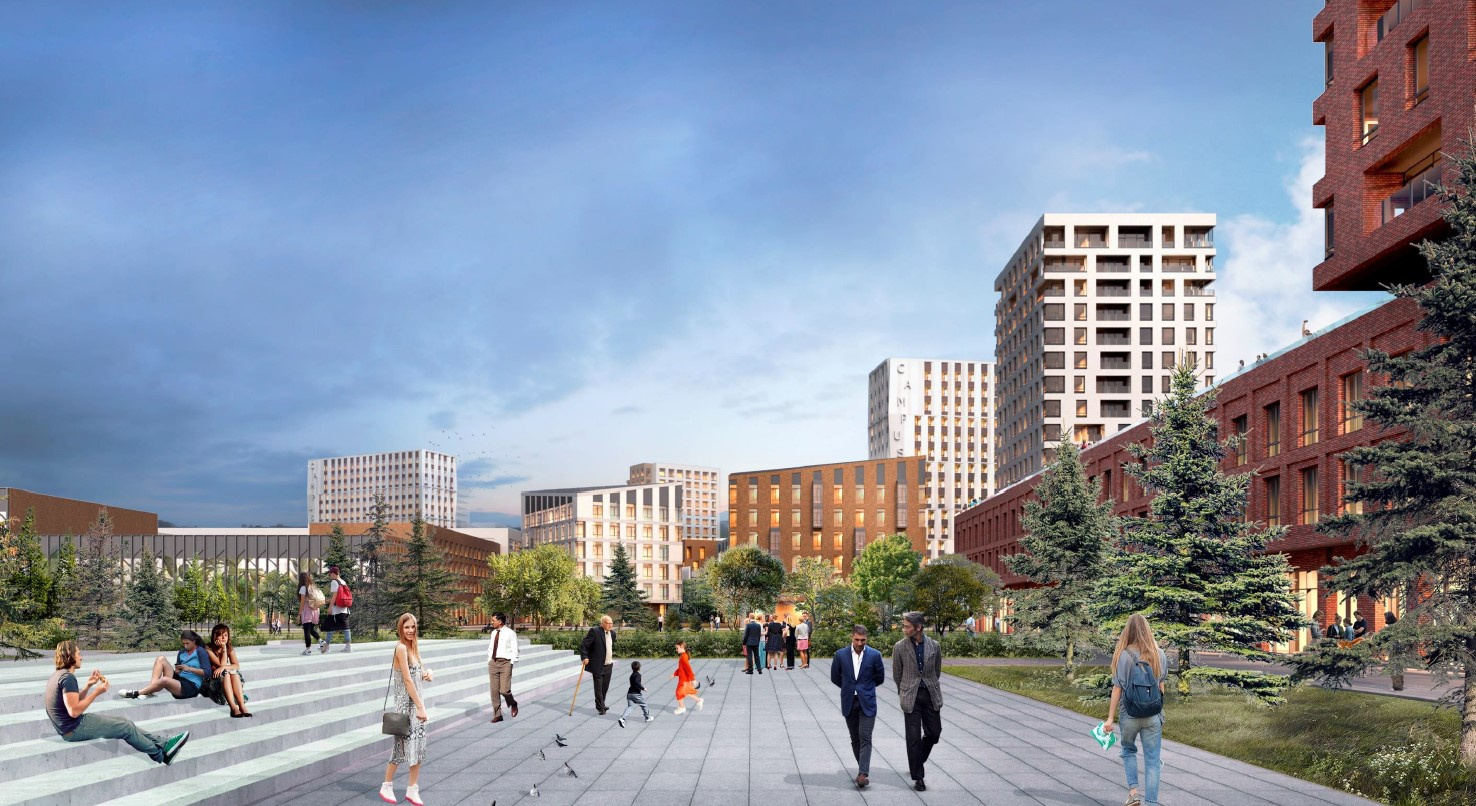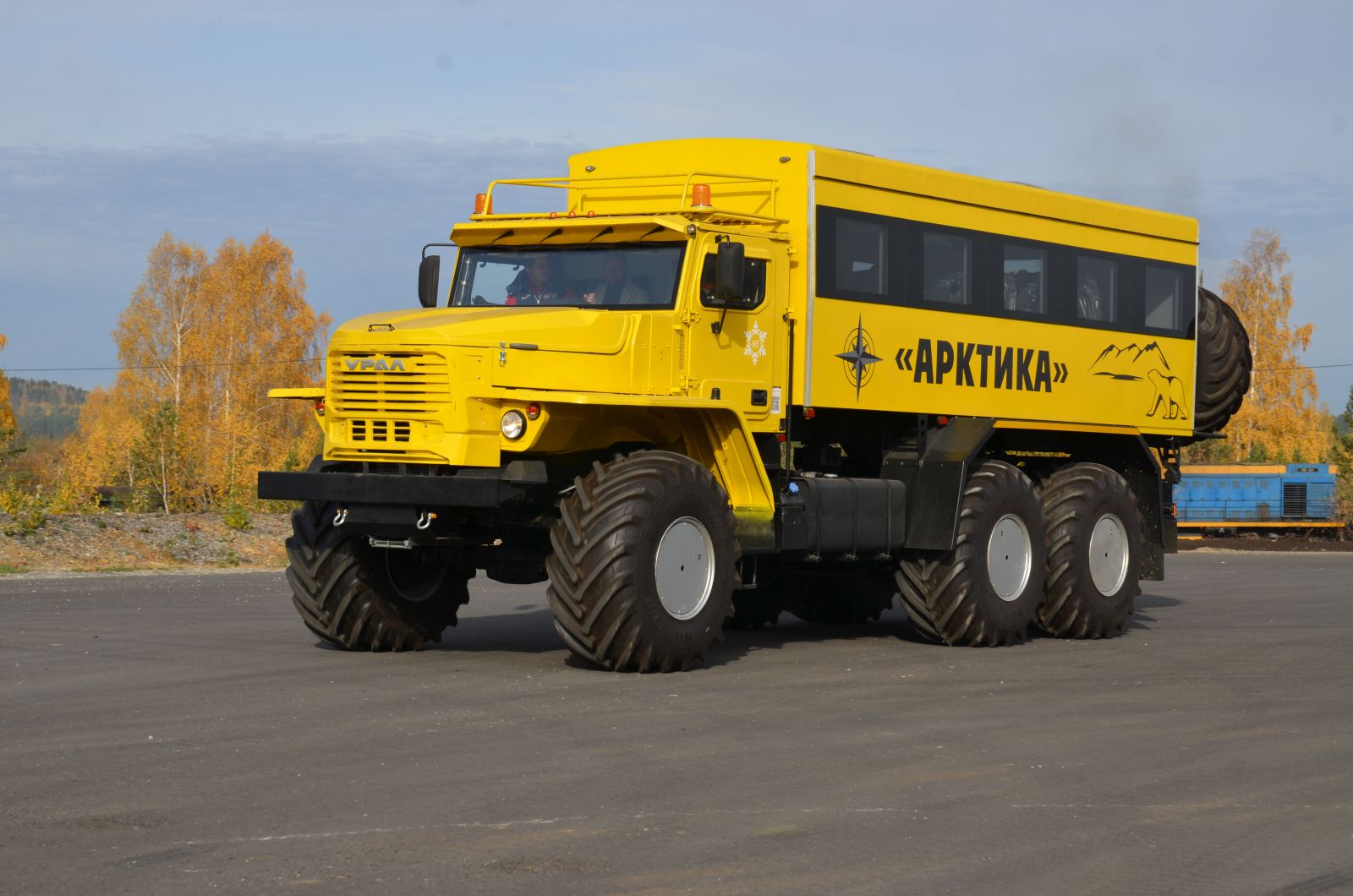
A strategic session dedicated to a federal project on the Creation of a Network of Modern University Campuses was held in Moscow April 20th–22nd, 2023. The session was initiated by the Ministry of Science and Higher Education of the Russian Federation. The participants presented the best practices, shared experience with their colleagues, and learned about the recommendations of the Ministry.
The campus project is part of the Science and Universities National Project of the Ministry of Education and Science of Russia.
The Chelyabinsk delegation at this strategic session was headed by First Deputy to the Governor of the Chelyabinsk Region Irina Gekht. The delegation included: Vitaly Litke, Deputy Minister of Education and Science of the Chelyabinsk Region; Alexander Wagner, Rector of South Ural State University; Sergey Taskaev, Rector of Chelyabinsk State University; Dmitriy Terentyev, Acting Rector of Nosov Magnitogorsk State Technical University; and many other heads of the Chelyabinsk Region educational institutions, big enterprises, and organisations. The region’s representatives participated in the session entitled “The Campus Concept as a Program and Product”.
On day 1 of the strategic session, Irina Gekht reported about the work already completed in our region and about what is planned to do. The Chelyabinsk Region presented a step-by-step program, a roadmap of creating and developing of the inter-university campus, as well as the key directions of the research and developments, which this new mega-structure would deal with. Earlier, the working group had outlined the campus specialization: intelligent production, materials science and physics of materials, ecology and living systems.

The campus in Chelyabinsk should become a focal point for talented young people and a significant architectural element of the new image of Chelyabinsk. It will be an open campus of a new format. It will house modern laboratories, as well as educational and sports infrastructure. In addition, this project will help attract students from all over Russia and from foreign countries. To achieve this, the campus will provide comfortable and safe environment for living, studying, working, and recreational activities of students. Thus, it is planned to make the dormitories like modern apartment hotels; and the campus territory (besides the educational, research and laboratory buildings) will also have sports, cultural, recreational, commercial, and other facilities.
Students will have an opportunity to take practical training and interact with industrial partners, and will have access to advanced educational technologies, as well as the enjoy the possibility to go to coworking spaces and libraries at any time of day.
The security system has also been thought through: the campus will have a 24-hour monitoring system with a face-recognition option.
For the city of Chelyabinsk, this campus will become a unique modern technological complex open to all our citizens. All contemporary trends of urban planning were taken into account while creating the architectural project. The campus will provide a barrier-free environment for physically challenged people, and there will be new facilities for creativity and sports activities. The city image will gain modern structures and a full-fledged technological infrastructure, what will make Chelyabinsk more attractive for tourists and representatives of both Russian and international business.
“I am sure that constructing an inter-university campus in the Chelyabinsk Region will make it possible to respond to the main challenges that will be reflected in the socio-economic development of the region in one way or another. In particular, the necessary conditions for achieving scientific and technological security and sovereignty will be created, and the shortage of highly qualified scientific and engineering personnel will be solved,” commented Alexander Wagner.

Main programs of the Chelyabinsk campus resonate with the key industries of the Chelyabinsk Region: metallurgy, mechanical engineering, and agro-industrial complex. In addition, it will be solving the problems of national importance, for instance, it will participate in the formation of the technological sovereignty of Russia.
The programs will be implemented jointly with our region’s small and large technological and industrial enterprises. Already today, within the frameworks of fulfilling the Government Resolutions No.218 and No.220, as well as in compliance with the campus program, SUSU scientists, jointly with URAL Automobile Plant, are engineering an Arctic bus, which has been successfully tested (including its operation in the northern regions of Russia) and is currently being prepared to be manufactured on a mass-production basis. It is worth noting that the Arctic bus will also solve the relevant problem of import substitution as such vehicles have not been manufactured in Russia before.
“To implement our projects, we create research laboratories supervised by world-class leading expert scientists, including youth design bureaus and engineering centres. Thus, our university provides the conditions required for fulfilment of the ideas of young scientists and promotes academic programmes in engineering,” noted the SUSU rector.
The Chelyabinsk campus sets a number of ambitious goals for itself: to foster high-end professionals for the needs of our region and our country, to develop and implement high technologies for industrial productions of the Chelyabinsk Region, to complete the economy digitalization, and to improve the healthcare quality. The Ministry of Science and Higher Education of the Russian Federation noted that the work within each program must yield results in the form of certain research-and-technology, educational, economy-related, or other products ready to be implemented both in our region and across our country.
The topic of international collaboration was also touched upon. Primarily, the campuses should focus on solving the strategic tasks of regions in the Russian Federation; however, the Ministry also urged not to forget about the fulfilment of joint international projects.
“South Ural State University has a huge potential for boosting the international collaboration with universities and educational organisations around the world,” noted the SUSU rector Alexander Wagner. “Our campus is a project that will lay the groundwork for our future endeavours. It will live and develop for decades to come. However, in the context of our current situation, we focus on strengthening the interaction with universities from China, the Republic of Belarus, Kazakhstan, and other friendly countries. Our university is already a multinational one: students from all over the world come to obtain their education here, and we collaborate with scientists from various countries, too. In the current circumstances, it is very important to keep up the pace and continue our active work in this direction. The campus has a task to strengthen the international ties and create new breakthrough research carried out jointly with international specialists.”
Information:
The federal project to create a network of campuses is part of the Science and Universities National Project of the Ministry of Education and Science of Russia. The task to create at least 25 world-class campuses by 2030 was set by the Russian President Vladimir Putin. Two waves of tenders have already been held for new campus projects. In 2021, out of 27 applications received from 22 regions, 8 campus projects were selected, including the project from the Chelyabinsk Region. In 2022, 39 applications were submitted from 34 regions and 9 campus projects were selected.





